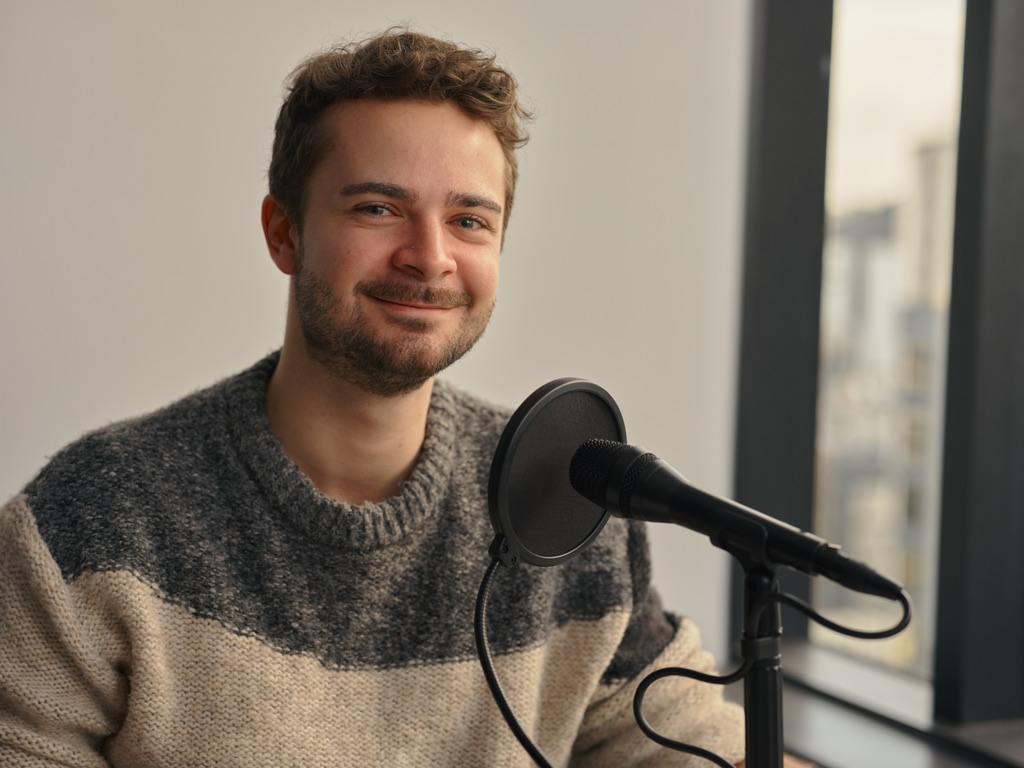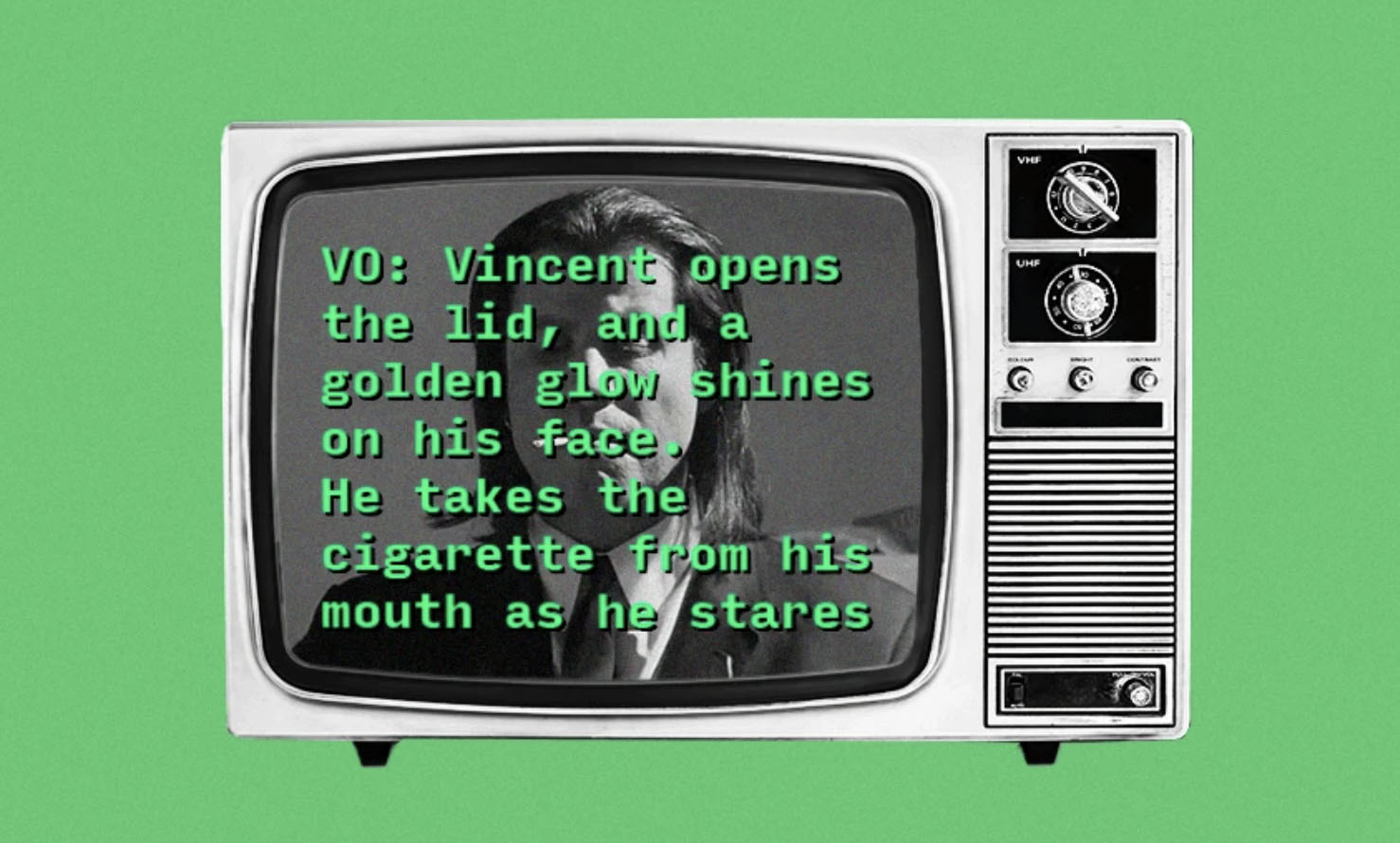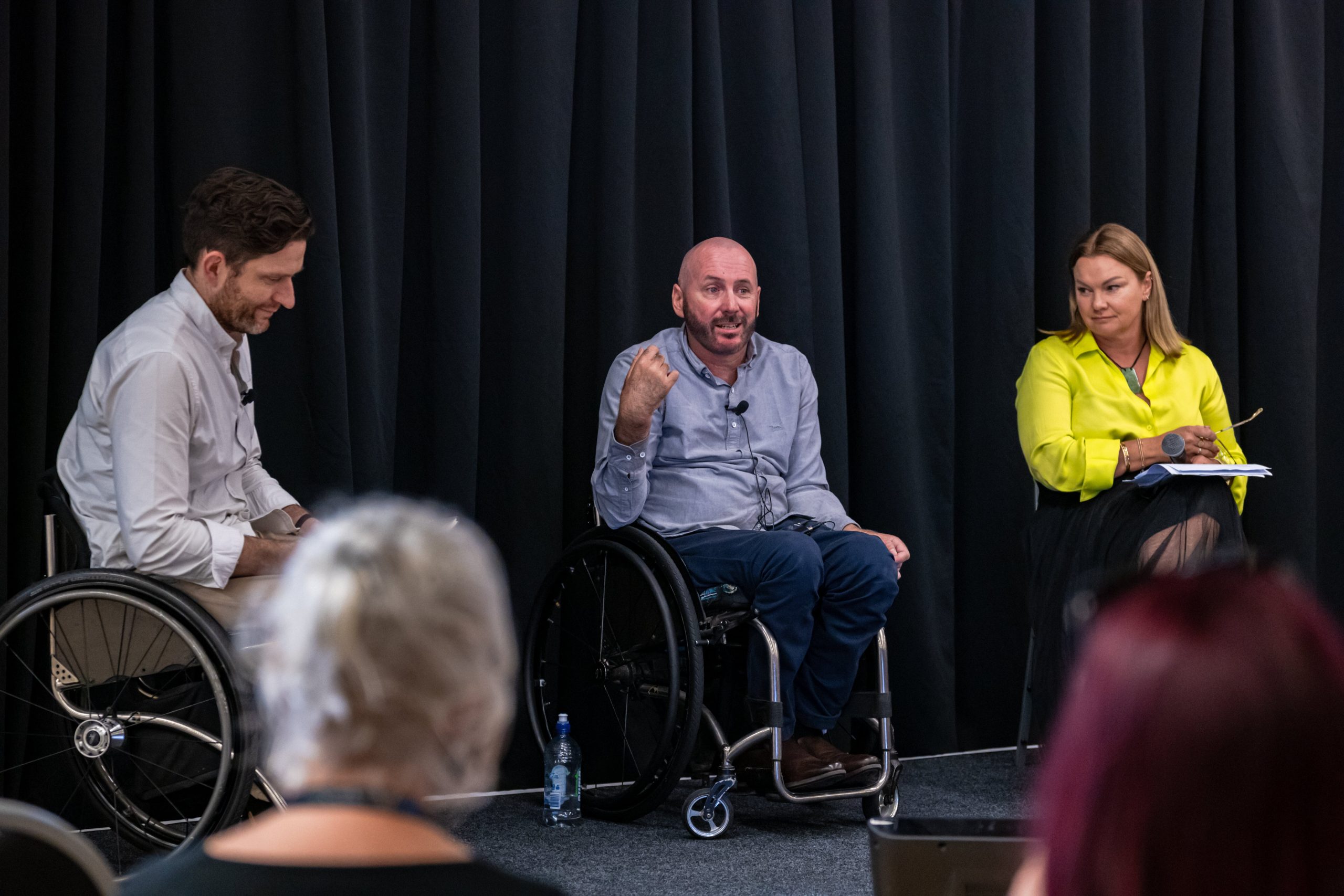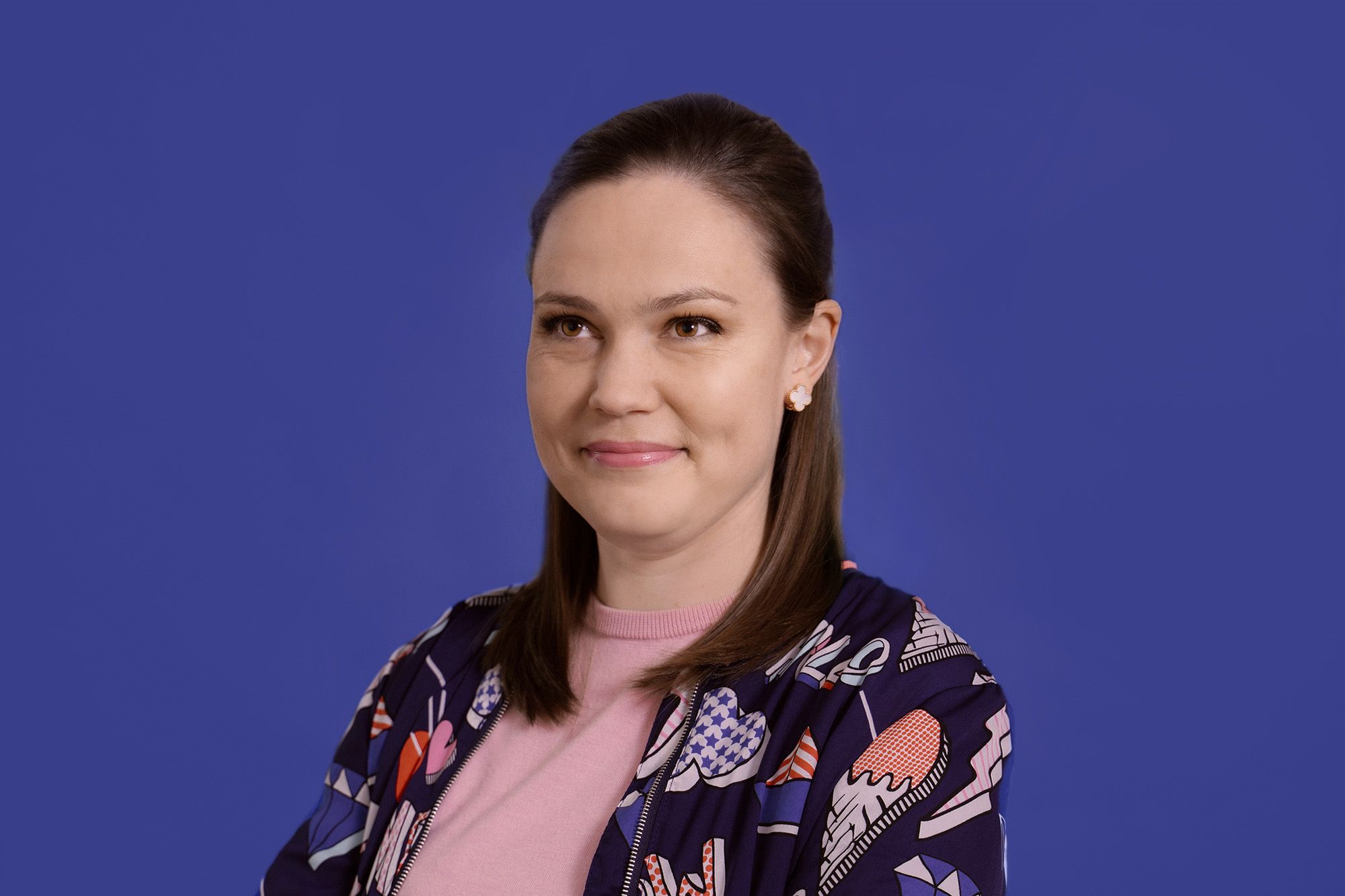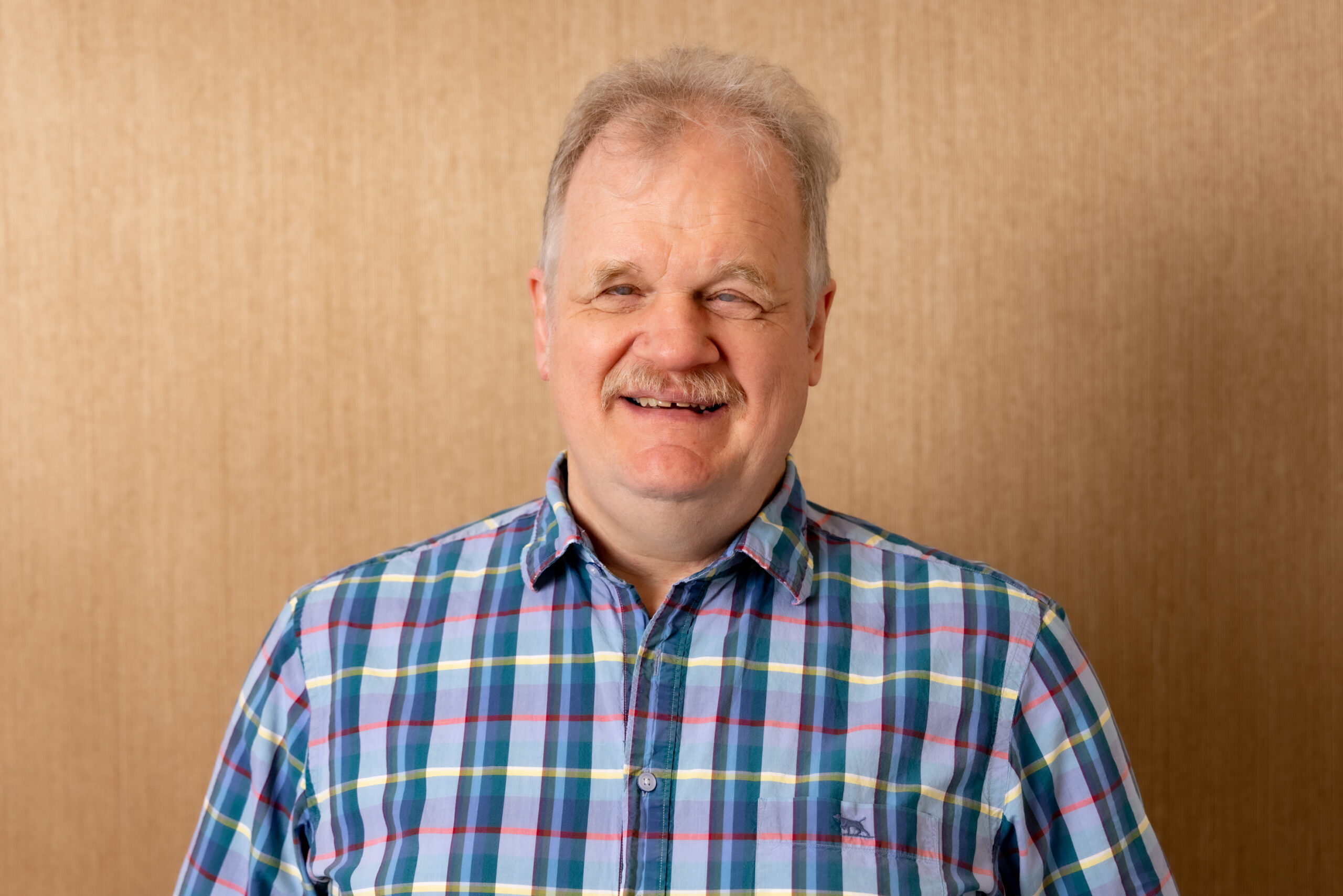David Kent is a trustee on the Able board. Since 2005, David has chaired the Southern Hearing Charitable Trust in Christchurch, which holds the Cochlear Implant Program contract with the Ministry of Health for the lower North Island and South Island. David has been on the Council of The National Foundation for the Deaf since 2012. David lost his hearing around his mid-20s, relying on lip reading and going 23 years with no hearing at all before getting his first cochlear implant. He’s passionate about the importance of captions, media accessibility, and, also, sport.
Hi, David. Let’s start at the beginning – how did your relationship with Able begin?
That’s a good place to start. I’ve chaired the Cochlear Implant Program for the last 18 or something years. I became a member of the National Foundation for the Deaf (NFD) around early 2012.
It was difficult, even for me with my implant, to follow TV without captioning. So around 2012/2013, NFD formed the Captioning Working Group, which was a tiny organisation made up of four members. We began really asking the question as to why there was so little captioning available – we met with ministerial officials, ministers, and did a lot of research, where we found that New Zealand had one of the lowest levels of captioning available in the world.
So that’s how we became involved with Wendy [Youens] and Able, really, doing what we could to create noise around captioning. Fast forward three years, and Lachlan Keating [the CEO of Deaf Aotearoa, and a board member at the time] stepped back from his role. Wendy approached me and asked if I would be interested, and I thought it was an amazing opportunity, because it’s something I’m incredibly passionate about, and the organisation had always impressed me.
I came onto the board in 2017, and it’s been a fantastic ride from that point to where we are today.
What do you see as your role on the board?
To be completely honest, if you’d asked me that a couple years ago, I’d have had a different answer. For example, it was always a concern I had that live captioning was not at the level that our sector needed. But what we’ve achieved in the last two, possibly three years, has been immense. I feel that our sector now is relatively happy with where the level of captioning is, though we still have some issues around things like live sport. But we’re doing what we can in that area and the community knows that.
There’s still work to be done.
Exactly. It’s never, ever finished. And that comes back to the fact that none of the governments we’ve had in the last 20 years have ever really understood the disability sector. And how, whether it’d be low vision/blind or Deaf/hard-of-hearing, how much we miss by not having media that is accessible. It’s everywhere, whether it be television, whether it be sports grounds, whether it be shows. Even going back to the earthquakes in Christchurch, a lot of us didn’t actually know what was happening, because we couldn’t understand or hear the radio. Phones were non-existent, because those were down. Imagine if you didn’t know how to turn the captions on.
And how do your other roles work in tandem with Able?
I still have my roles with the Southern Hearing Charitable Trust and the cochlear implant programme, and we’re regularly posting about Able onto our own websites and encouraging our people that we implant how to access captioning. I’m incredibly passionate about the implant programme, because I know how much it did for me. I know that my life without an implant would be incredibly different from what it is now. Our youngest daughter was 18 at the time I got my first implant in 1998, and on the day I was “switched on”, we came home for a break at lunchtime, and she spoke to me, and I suddenly became aware it was the first time I’d heard her speak, at 18 years old. I’d lip read for 25 years, and I’d imagine I’d hear speech; I’d imagine I’d hear sounds. It was when I had my first implant, and in those days after, that I remembered that people had accents. Because when you’re lip reading, there are no accents. And it’s just those little things that make it a hugely important part of my life.
Swinging back to Able now – what has it been like to work with the team at Able and the people on the board?
Oh, look, it’s an amazing place, and the people that work there are absolutely amazing people. I mean, I just cannot acknowledge and appreciate enough how much the people within the organisation mean.
I really enjoy working with the board. Stepping away from the people like myself and representatives from the blind community, Jonathan and Thomas, the other board members have all brought really valuable knowledge and understanding of the sector. And I think a lot of Able’s success can be attributed to the fact that the board members outside the disability sectors have always appreciated and understood us, and why the sector became agitated, and they’ve accepted and taken on board the issues of the people and understood and really pushed to hold the wishes of the two sectors.
It’s been a decade since Able was established. What ways do you hope Able and its services continue to evolve?
That’s a really good question. I think as time goes on, technology will shift and continue to do so day by day, perhaps changing the way Able operates. I don’t know what that will look like, but I see the opportunities as endless as to where it could go.
On another track, Able is all about making media accessible, and, I see the question as, what is media? And where do we see media stopping? You know, airports for example, are diabolical for people who have hearing problems. So much is on loud speakers. Once, I missed my flight because I couldn’t hear my name being called. I’d flown about four times in that week, and I just completely stuffed up and I thought I was flying on a 7am flight. I got to the airport and they were calling my name. When I got to someone and told them I couldn’t get my boarding pass, they said, “We’ve been calling you for the last 10 minutes.”
All of those things are not currently within the scope of Able, but we should ask ourselves, what is media, and where do we see media in the next five years? Because I think media is more than just TV.
